Filter by
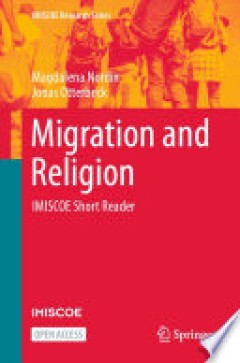
Migration and Religion
This open access book introduces research on migration and religion with the focus on migration to western European countries from the 1950s and onwards. The book is an in-depth presentation of the main research trends as to methods, theories and empirical zones on migration and religion. In a unique way, the book brings together research about the topic aligning it with the experiences and urg…
- Edition
- 1
- ISBN/ISSN
- 9783031307669
- Collation
- XI, 122
- Series Title
- -
- Call Number
- 201.72 NOR
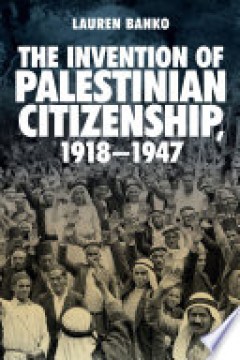
The Invention of Palestinian Citizenship
Explores the colonial, social and political history of the creation of citizenship in mandate Palestine In the two decades after the First World War, nationality and citizenship in Palestine became less like abstract concepts for the Arab population and more like meaningful statuses integrated into political, social and civil life and as markers of civic identity in a changing society. This boo…
- Edition
- -
- ISBN/ISSN
- 9781474415514
- Collation
- Knowladge Unlatched (KU)
- Series Title
- -
- Call Number
- 323.6095694 LAU t
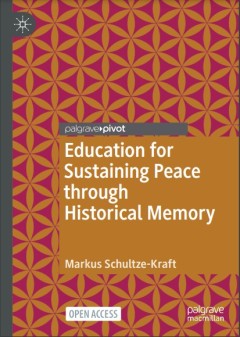
Education for Sustaining Peace through Historical Memory
‘This is a necessary exercise in deconstruction and reconstruction that challenges conventional and critical approaches to peace education. Schultze-Kraft’s new book is an impressive piece of synthesis, a personal manifesto married to a rigorous interrogation of the theoretical literature. It pushes boundaries enhancing the sustaining peace agenda. As such it deserves the critical attention…
- Edition
- 6
- ISBN/ISSN
- 9783030936549
- Collation
- xi; 119; ill.
- Series Title
- -
- Call Number
- 327.1 EDU M
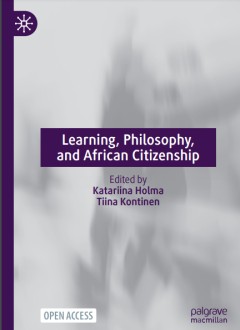
Learning, philosophy, and African citizenship
This open access book discusses and addresses the compelling questions concerning the ideals of citizenship, the processes of learning to fulfill these ideals, and possibilities of education in fostering citizenship. Rather than advocating for one framework, the authors demonstrate the continuously contested nature of the concept of citizenship as theoretically discussed and practically experie…
- Edition
- -
- ISBN/ISSN
- 9783030948825
- Collation
- XIII, 221 p ; ill
- Series Title
- -
- Call Number
- 370.115 LEA
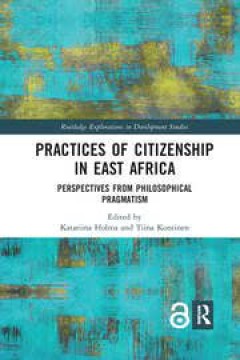
Practices of Citizenship in East Africa : Perspectives from Philosophical Pra…
Practices of Citizenship in East Africa uses insights from philosophical pragmatism to explore how to strengthen citizenship within developing countries. Using a bottom-up approach, the book investigates the various everyday practices in which citizenship habits are formed and reformulated. In particular, the book reflects on the challenges of implementing the ideals of transformative and criti…
- Edition
- -
- ISBN/ISSN
- 9780429279171
- Collation
- xi, 258 p.
- Series Title
- -
- Call Number
- 323.609678 PRA K
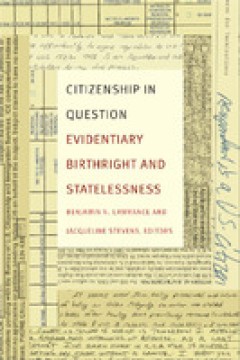
Citizenship in question : evidentiary birthright and statelessness
Citizenship is often assumed to be a clear-cut issue - either one has it or one does not. However, as the contributors to Citizenship in Question demonstrate, citizenship is not self-evident; it emerges from often obscure written records and is interpreted through ambiguous and dynamic laws. In case studies that analyze the legal barriers to citizenship rights in over twenty countries, the cont…
- Edition
- -
- ISBN/ISSN
- 9780822373483
- Collation
- 305 p.
- Series Title
- -
- Call Number
- 323.6 JAC c

The citizen lobby : from capacity to influence
The Internet holds endless opportunities for exchange and dialogue and the promise of developing a better democratic model. Day-to-day politics are largely driven by economic lobbies in the interest of what Habermas calls their „generalised particularism,“ the threat to take jobs and tax revenues elsewhere. Citizens’ influence over politicians is twofold: they are asked for their input in…
- Edition
- -
- ISBN/ISSN
- 9783957960467
- Collation
- viii, 169 p.
- Series Title
- -
- Call Number
- 322.4 THO t

Good citizenship for the next generation : a global perspective using IEA ICC…
This Open Access book presents an international group of scholars seeking to understand how youth from different cultures relate to modern multidimensional concepts of citizenship, and the roles that education and society have in shaping the views of the world’s future citizens. The book also explores how different aspects of citizenship, such as attitudes towards diverse population groups an…
- Edition
- -
- ISBN/ISSN
- 9783030757465
- Collation
- xii, 215 p.
- Series Title
- -
- Call Number
- 370.115 TRE g
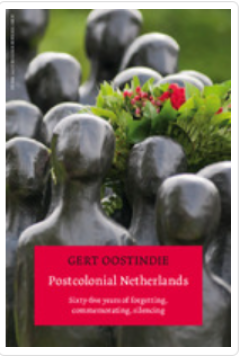
Postcolonial Netherlands : sixty-five years of forgetting, commemorating, sil…
The Netherlands is home to one million citizens with roots in the former colonies Indonesia, Suriname and the Antilles. Entitlement to Dutch citizenship, pre-migration acculturation in Dutch language and culture as well as a strong rhetorical argument (‘We are here because you were there’) were strong assets of the first generation. This ‘postcolonial bonus’ indeed facilitated their int…
- Edition
- -
- ISBN/ISSN
- 9789048514021
- Collation
- 290p.: ill.
- Series Title
- -
- Call Number
- 940.5 OOS p
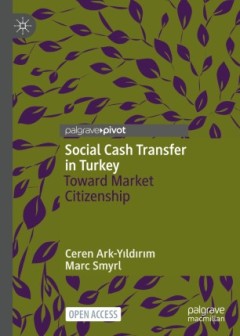
Social cash transfer in Turkey : toward market citizenship
This open access book asks whether cash-transfer programs for very low-income households promote social and economic citizenship and, if so, under what conditions. To this end, it brings together elements that are too often considered separately: the transformation of social and economic citizenship rights in a market-centered context, and the increasing popularity of cash transfer as an instru…
- Edition
- -
- ISBN/ISSN
- 9783030703813
- Collation
- ix, 149p. : ill.
- Series Title
- -
- Call Number
- 323.6 ARK s
 Computer Science, Information & General Works
Computer Science, Information & General Works  Philosophy & Psychology
Philosophy & Psychology  Religion
Religion  Social Sciences
Social Sciences  Language
Language  Pure Science
Pure Science  Applied Sciences
Applied Sciences  Art & Recreation
Art & Recreation  Literature
Literature  History & Geography
History & Geography